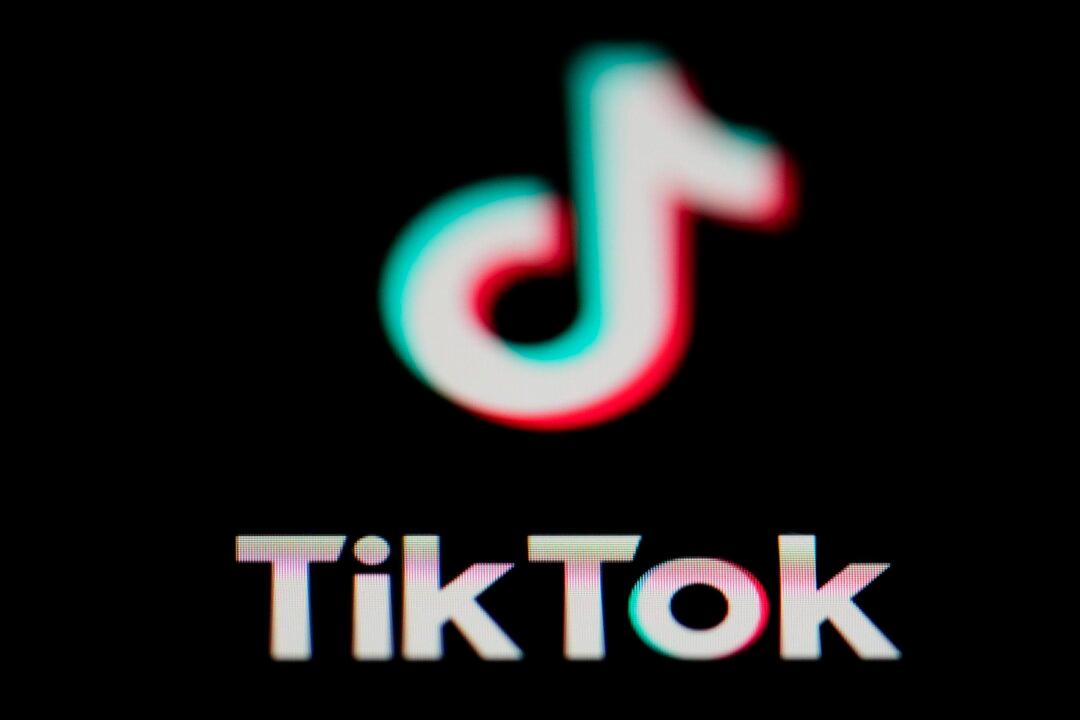European regulators fined TikTok roughly $368 million on Friday in a landmark decision over the short-form video-sharing platform’s failure to protect children’s privacy.
The Irish Data Protection Commission (DPC), the primary privacy regulator overseeing major tech firms with their European bases predominantly in Dublin, announced the fine and reprimand against TikTok, citing violations dating back to the latter half of 2020.





